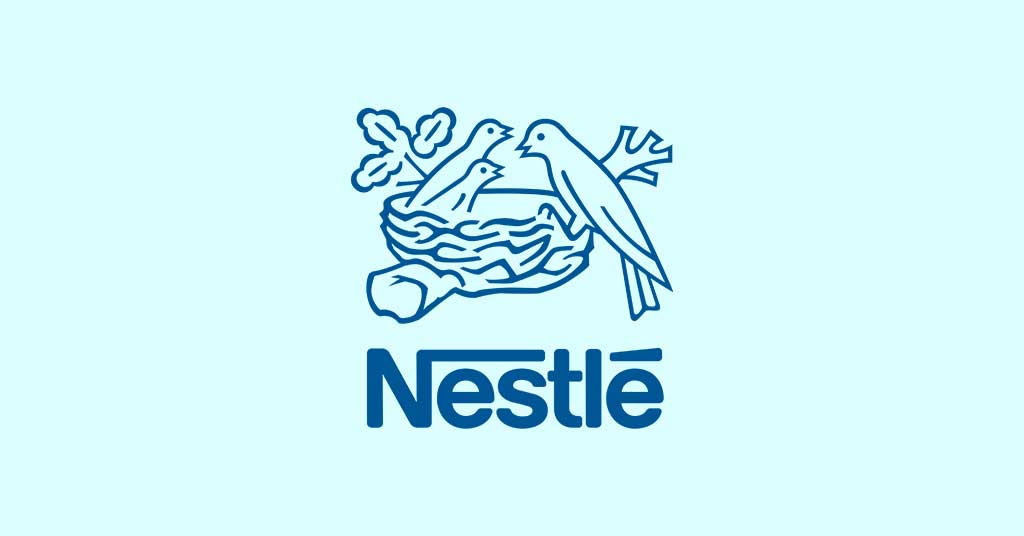Welcome To ChemAnalyst

Polyethylene terephthalate, commonly known as PET, represents a versatile resin and a variant of polyester. This material often bears a distinct code on or near the bottom of bottles and various containers, signifying its widespread use in packaging. PET boasts several noteworthy characteristics, including its inherent strength, thermostability, gas barrier properties, and transparency.
In the realm of sustainability, recycled polyethylene terephthalate (rPET) emerges as a crucial player. This specific type of PET is derived from the recycling process, drawing its source from either post-consumer or post-industrial origins. Essentially, rPET embodies an environmentally conscious approach by repurposing and reusing existing PET materials, aligning with the global imperative to reduce the environmental impact of plastic waste.
Nestlé Nigeria, a prominent player in the food and beverage industry, has recently made a significant stride towards environmental responsibility. The company has declared its commitment to achieving a remarkable milestone—introducing 50% recycled polyethylene terephthalate (rPET) in its water bottles. This ambitious initiative stands as a testament to Nestlé's dedication to creating a safer and more sustainable environment.
The incorporation of 50% rPET in Nestlé's water bottles marks a pivotal achievement in the company's journey toward sustainability. This move aligns with Nestlé's broader commitments to environmental stewardship and underscores the company's proactive efforts to address the challenges posed by plastic waste.
The decision to adopt recycled materials, such as rPET, in packaging is rooted in a recognition of the urgent need to curb the environmental impact of single-use plastics. By utilizing recycled PET, Nestlé is contributing to the circular economy, where materials are repurposed and re-enter the production cycle rather than being disposed of as waste.
The significance of this commitment extends beyond mere environmental considerations. Nestlé's move towards incorporating 50% rPET in water bottles reflects a holistic approach to corporate social responsibility. It showcases the company's awareness of its role in shaping a sustainable future and its willingness to take tangible actions to mitigate the environmental footprint associated with its products.
Nestlé's proactive stance on reducing the use of virgin plastics in packaging aligns with the growing global awareness of the environmental impact of plastic pollution. Governments, organizations, and consumers are increasingly demanding sustainable practices, and companies like Nestlé are responding by integrating eco-friendly measures into their business strategies.
Moreover, Nestlé's commitment to using rPET in water bottles reflects a broader shift in consumer preferences. As environmental consciousness becomes a key factor in purchasing decisions, companies that embrace sustainable practices are likely to gain favor among environmentally aware consumers. Nestlé's decision to incorporate recycled materials into its packaging not only aligns with regulatory expectations but also positions the company as a responsible and forward-thinking industry leader.
We use cookies to deliver the best possible experience on our website. To learn more, visit our Privacy Policy. By continuing to use this site or by closing this box, you consent to our use of cookies. More info.
